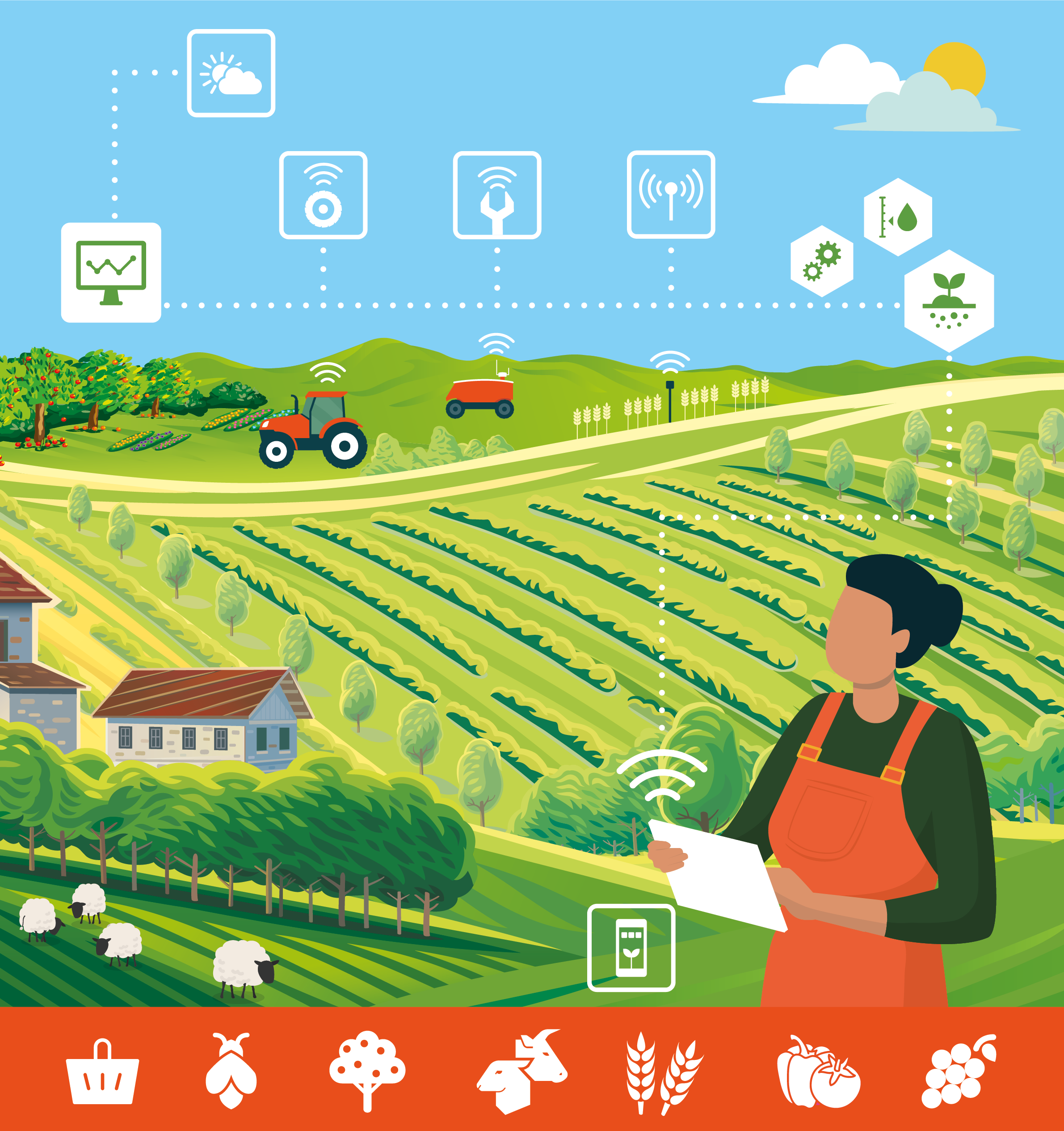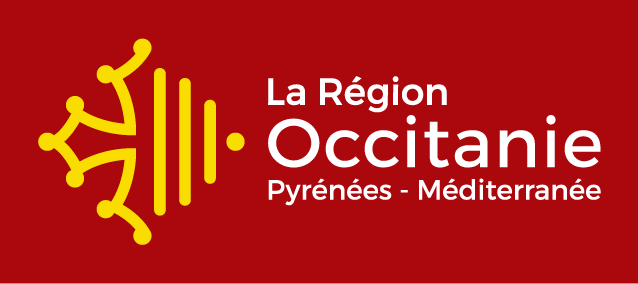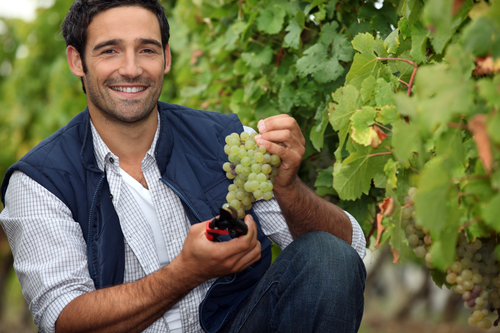Occitanum Viticulture Open Lab, a Living Lab in digital agroecology

If in France winegrowers' interest in digital is undeniable, their digital uses vary. Only 35% of winegrowers would choose to use a digital tool to optimize work in the vineyards or in the cellar or to find out about digital tools to help with environmental practices1.
The purpose of The aim of the Occitanum living lab is to experiment in a real situation with the contribution of digital technologies to agroecology and to support the transformation of agricultural production practices. Starting from the needs of farmers, the ambition is to accelerate the agroecology transition and the territorialization of local food. in Occitanie (Winner of a call for innovation territory project 2020-2028)2.
Through a territorialized open innovation approach, the Living Lab combines various skills in partnership on the issues of the sectors and sectors. Occitan agricultural resources. It thus brings together in its network 7 Open Labs made up of collectives of farmers and communities, researchers, education actors, regional agricultural development actors and a particularly mobilized and innovative regional entrepreneurial fabric.
Occitanum's Open Lab VITI is among the first created in 2020 around two territorial sites:
- The vineyard of the Vallée de l’Hérault which is a vast, multi-represented vineyard. with a territorial hook to identify (high density of vines, large cooperative cellars, territorial animation in place, partner communities, knowledge of projects...) and ambitious innovative projects carried out by different collectives.
- The Gallacois vineyard which is built around the community innovative team mobilized, in an identified territory. A group of farmers was built on the foundations of GOPEI Viti 2.0.
The Open Lab viticulture has set itself the goal of: as an objective of preparing viticulture to (i) face the climate challenges of tomorrow, (ii) make the work and income of winegrowers more comfortable, (iii) and strengthen the link between winegrowers and consumers. The winegrower collectives involved have thus prioritized three issues linked to agroecology to which digital technology could respond: ease of use the agroecology transition by facilitating work at home. the vine, improve the biodiversity in the vineyards and optimize the use of inputs and water resources.
Since 2020, a dynamic partnership has been established with around ten partners: INRAE, IFV, agro institute, CRA Occitanie, CDA, CUMA, AgroTIC, Mas numérique, Arterris, La cave de la Bastide, Florensac, Vinovalie). The collectives from each of the sites, made up of advisors from chambers of agriculture, farmers, experts and digital start-ups, are currently collaborating to set up seven innovative projects co-constructed based on current realities. s and imperatives of each. These projects sometimes face challenges. various difficulties linked to significant technical and economic issues around cost/investment, the supply of equipment or the time of data collection or even delays due to climatic hazards penalizing technical tests. Thanks to their determination, two innovative projects are today beginning their “commissioning” phase. They will be deployed to larger groups of farmers in the region in 2024.
1. See Barometer of digital uses set up by Crédit Agricole in 2022: only 6% of winegrowers say they see no point in digital. 75% of them use it to communicate about their farms and their wines, 58% to sell their wines and only 35% to optimize their work in the vineyards or in the cellar or to find out about digital support tools to environmental practices
2. Cf. Occitanum is a living lab in digital agroecology. It is part of the regional pact for a healthier diet in Occitania. https://occitanum.fr/
Povezave
- Omrežje
- Seznam
- Geolokacija
- Podrobnosti
Digitalization
Digitalization
- Podrobnosti
Région Occitanie
Région Occitanie
- Podrobnosti
Spreminjanje agronomskih praks v vinogradništvu
Po strategiji izbire sort je prilagajanje podnebnim spremembam odvisno od načina gojenja posameznega grozdja; to pomeni zapletene izbire, vključno z agronomskimi.
- Podrobnosti
UMR AGIR - AGroécologie - Innovations - TeRritoires
L’UMR AGIR regroupe des agents provenant de l’INRA (département EA, SAD et SPE), de l’INP-Toulouse (ENSAT et EI-Purpan), de l’ENSFEA et du CNRS
- Podrobnosti
UMR ITAP - Information – Technologies – Analyse environnementale – Procédés agricoles
L'UMR ITAP se spécialise dans les sciences de l'ingénieur et regroupe l’Unité de Recherche TEMO (Technologies Montpellier) du Département Ecotechnologies d’Irstea et la Chaire du Génie Rural de Montpellier SupAgro




